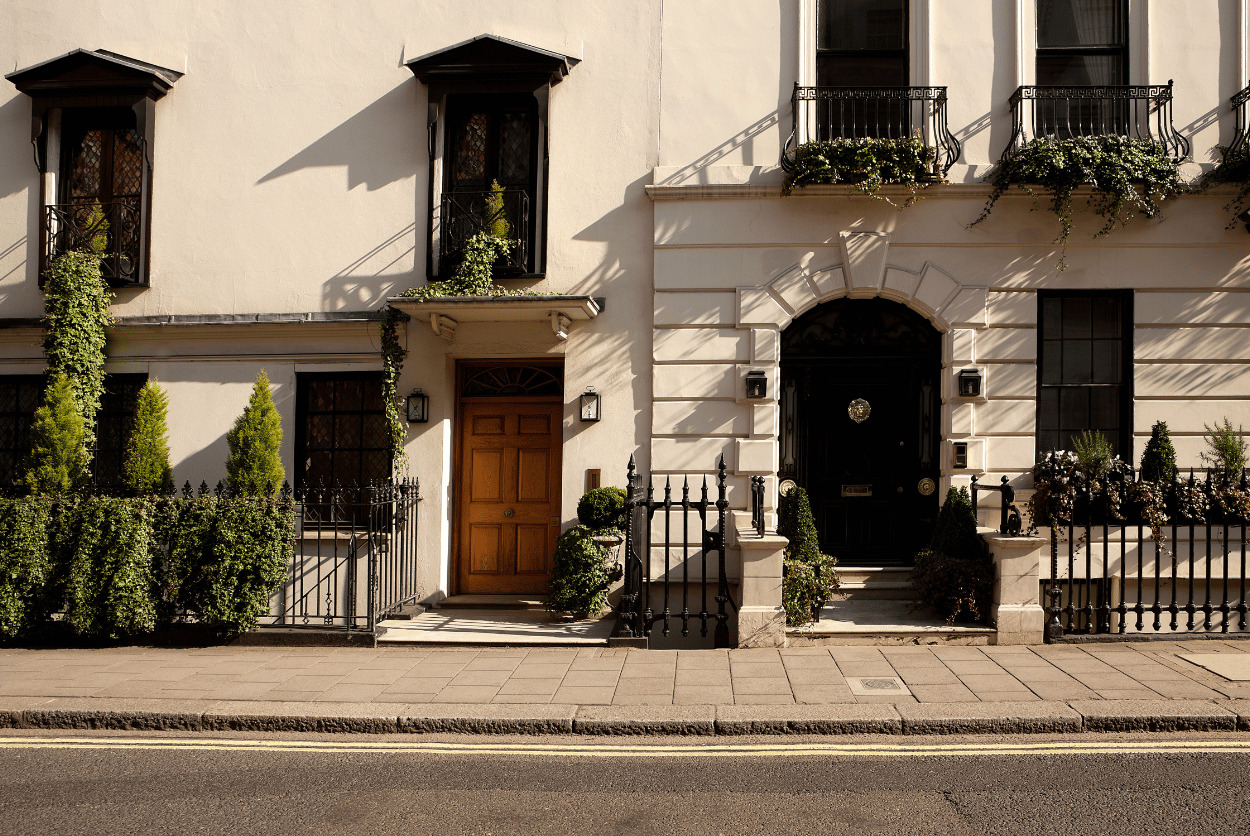Best Investments London |
One of the questions I am asked most often by clients is: which neighbourhoods are the best investments in London?
And while this may sound like a good question, I am afraid that it isn’t because I have noticed that everyone who asks this question is looking for a “magic pill”, i.e. they think there is a magic area in London where prices will always go up and that it will outperform every other area in London.
Of course, there are some areas that I think will dramatically outperform and have been acquiring properties there for my clients but, unfortunately, life is never that simple and there are many other factors you must consider unless you don’t mind throwing away money. So, here is what you need to consider when looking for the best investments in London:
Yield vs. Capital
There is a certain line of investment thought that says that if a property has a low yield then it is overpriced. If only life were that easy… but as usual such generalisations are incredibly misleading.
For example, I have a client who owns 32 properties in the north of England that have a good yield but he hadn’t seen one penny of capital growth in that time. And while the gross yield is high, so many terraced houses require a lot more maintenance and management than 1 or 2 in London (properties in the north of England are much lower value than prime central London) and also Capital Gains Tax in the UK is much lower than Income Tax.
The simple fact is that properties in London have dramatically outperformed the rest of the UK not just for decades but centuries. There are a number of reasons for this that I don’t have time to go into here but historically not only have the best properties in London dramatically outperformed, it is also a far less volatile market on the whole because it is less reliant on local earnings.
Please note that London has underperformed the rest of the UK since 2016. This has been due to the political uncertainty we have seen in that time. As far as I have been able to ascertain, this is the only time in history where London property prices have fallen while the typical buyers of prime London property have become significantly wealthier. If you would like more information on this, please email Dee, my assistant, at dee@mercuryhomesearch.com or call 02034578855 (+2034578855 from outside the UK).

Capital growth should be your focus when looking for the best investments in London
Which leads me to one type of property that I recommend that you avoid. And this will be unwelcome news to many international buyers of prime London property, because it tends to be their favourite option – new developments.
The simple fact is that you pay a massive premium for most new developments which is unwarranted. The problem is that prior to 2008 developers would offer buyers reasonable discounts if they acquired the property “off-plan” because the buyer was taking a risk and also helping to subsidise some of the build costs.
However, since the Great Financial Crisis this off-plan advantage has turned into a disadvantage because the premium to fair value is so high and there is no off-plan discount. In large part, I think that this is because the new developments in prime central London are mainly marketed overseas where buyers undertake less due diligence and are swept away in the auction-like atmosphere at the hotel roadshows.
In short, they are just too expensive, but there are two caveats to this – firstly this is a generalisation and there is the occasional new development which is an interesting investment, but you need to do your own research and not rely on the flash brochures or salespeople trying to convince you to buy. REMEMBER – THEIR ROLE IS NOT TO FIND YOU THE BEST INVESTMENT IN LONDON BUT TO SELL ANY ONE OF THE DEVELOPERS’ PROPERTIES TO ANY BUYER THEY CAN.
Secondly, if China relaxes its exchange controls then we will see a wave of money, that is almost unfathomable, descend on the new developments. However, as the likelihood of China relaxing the rules in the next decade is extremely small, this seems like a bit of a gamble…
It is not just the neighbourhood that matters
While the location is obviously important, you also need to consider the quality of the property. After all, if you want to buy an oil stock, you don’t just shut your eyes and pick one at random. Some will outperform others and the same is absolutely true for prime London property.
For example, in the boom leading up to the crash in 2008, every type of property in London was increasing in value. Consequently, some people were buying indiscriminately, including those who were putting together portfolios of lower ground floor flats.
They were cheaper than other properties and yielded more, so this probably seemed like a good idea. EXCEPT, when the market crashed these properties fell faster and harder than any other type, because they are some of the least desirable. Basically, they became impossible to sell.
And there are other types of properties that you really have to avoid – even in the best areas – because while they may look good in a rising market, they are actually shockingly bad, so you want to focus on the properties that will outperform in both good and bad markets. These are the ones we focus on for our clients using our “Best in Breed” strategy.
Or as Warren Buffett once said: “It is better to buy a wonderful company at a fair price than a fair company at a wonderful price”, because over time the wonderful company will outperform dramatically. This is also the case for property in prime central London.

Every situation is different
Another key factor is that investing in property in London is very different to investing in the stock markets. In the latter, you have a very clear bid-offer spread and you simply hit a trade button. But when acquiring property, you will be dealing with individuals (even if the property is owned by a company) and there will be room for negotiations.
So, you want to find situations where sellers are very motivated and may accept lower than fair value for a property. For example, I acquired a building in South Kensington for a client where the value of the five apartments was more than we paid for the entire building.
The seller was a big company and not in any financial distress (the property was not on the open market) but the property was too small for their portfolio and had become an anomaly, so they wanted to dispose of it. As it happened our offer was not the highest put forward, but we offered more attractive terms than the other party who was bidding.
This also highlights the importance of understanding not only the value of a property but also negotiation skills. Logic is rarely the deciding factor in a negotiation, so if your main line of negotiation is to batter the other side with pound per square foot comparators, then you will be far less successful than you should be.
Indeed, there are several other factors that you need to consider when looking for the best investments in London depending on your budget and investment goals. These will also partly determine which areas in London are suitable for you to invest in and will have a dramatic impact in your investment returns.
If you don’t know what these are then you need to undertake a lot more research and due diligence before investing in London otherwise you are playing blind archery and will make a terrible decision. Does that sound like a sensible way to invest your money?
Of course, it isn’t always obvious to know what you don’t know, so would it be a bad idea to find out? If you would like to discover what your blind spots are, you can request a complimentary Strategy Call which is a diagnostic consultation to review your investment plans and highlight the most expensive mistakes you will make.
Contact Mercury Homesearch
Simply click here to request a free strategy call, email dee@mercuryhomesearch.com or call 02034578855 (+442034578855 from outside the UK).

